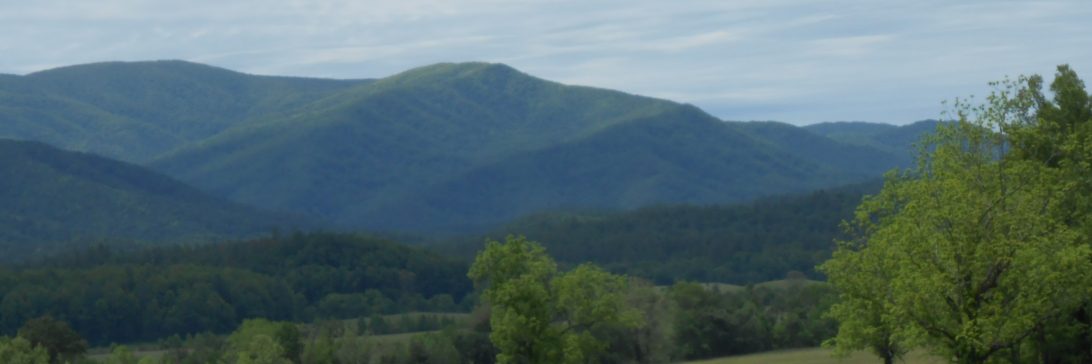The English Christmas carol titled The Coventry Carol dates from the 16th century. The name of the carol came from the fact that it was traditionally performed in Coventry, England as part of a 15th Century mystery play called The Pageant of the Shearmen and Tailors. According to the website www.coventrycathedral.org.uk, the original cathedral was dedicated to Saint Mary in 1043. While the church stood for centuries, it, along with the city of Coventry, was devastated during World War II.

According to the website noted above:
The Ruins of the ‘old Cathedral’ are the remains of a medieval parish church, consecrated to be the Cathedral of the new Diocese of Coventry in 1918. In a little over 20 years, this building would be destroyed by enemy air attack in the Second World War. Rather than sweeping away the ruins or rebuilding a replica of the former church, inspired by the message of Christ for reconciliation, the then leaders of the Cathedral Community took the courageous step to build a new Cathedral and preserve the remains of the old Cathedral as a moving reminder of the folly and waste of war.
The “old Cathedral” with its beautiful windows and spires is seen next to the new Cathedral in the picture obtained from the website.
The Coventry Carol presents a melody that is somber, creating a helpless feeling within the hearer. This is purposeful because the carol used in the pageant depicted the grief the people experienced when Herod slaughtered their children as described in Matthew 2:16-18.
Then Herod, when he saw that he had been tricked by the wise men, became furious, and he sent and killed all the male children in Bethlehem and in all that region who were two years old or under, according to the time that he had ascertained from the wise men. Then was fulfilled what was spoken by the prophet Jeremiah:
A voice was heard in Ramah, weeping and loud lamentation, Rachel weeping for her children, she refused to be comforted, because they are no more.
Matthew 2:16-18
Within the pageant, the carol is sung by three women of Bethlehem, who enter on stage with their children immediately after Joseph is warned by an angel to take his family to Egypt. The carol takes the form of a lullaby that was sung by mothers of their doomed children.
Technically, The Coventry Carol is not a Christmas carol since the words refer to Jesus as an infant rather than describing the birth scene. However, through the centuries it has been sung at Christmas time.
The exact date of the carol’s creation is unknown because songs were transmitted orally through the generations and there was no written music to document the words or tune. For example, there are references to the Coventry guild pageants from 1392 so it is likely that this carol was sung even before the words or music had been put to paper.
The oldest text of the words was written down by Robert Croo (or Crow), the ‘manager’ of the pageants, on March 14, 1534. The carol’s music was added to Croo’s manuscript almost sixty years later by Thomas Mawdyke. His additions were dated May 13, 1591.
For the most part, both the medieval rich and poor were very concerned with religious issues. Some carols exist about drinking and fighting, but the majority are associated with the leading religious feasts of the year, and most of those refer to Christmas. Of course, The Coventry Carol falls into that category. Further, it fits the usual pattern for carols of that day, specifically they all contain a refrain that was repeated after each verse.
Sometimes the Coventry Carol is called The Lullay Song since the song uses the word “Lullay” which means “I saw”. In the 1400’s and 1500’s, the words lullay and lulla were commonly used to indicate something that the singer had seen.
Hear now “The Coventry Carol” as presented by the Covenant Presbyterian Church Choir and Orchestra in the album The Glorious Sounds of Christmas.
Father, even when Jesus was just a baby Satan attempted to thwart Your plan of salvation by trying to kill the Christ Child. How we praise You for Your sovereignty, providence, and sure protection of that Babe. We know that Your plans will never fail to be accomplished; Your Word is sure, and we thank You for that confidence and security.





































